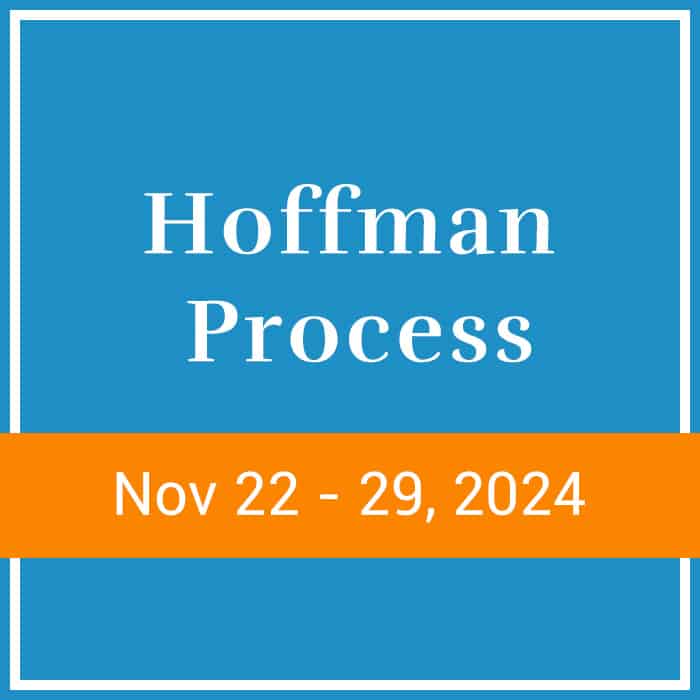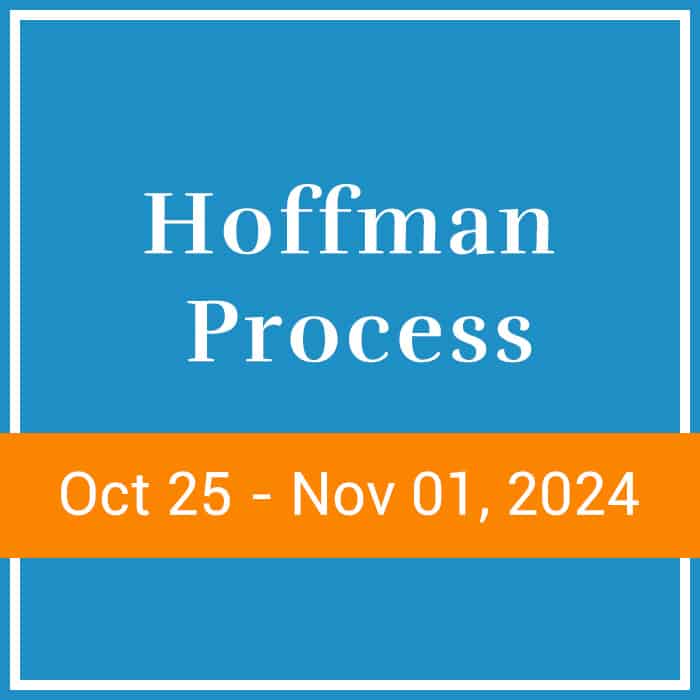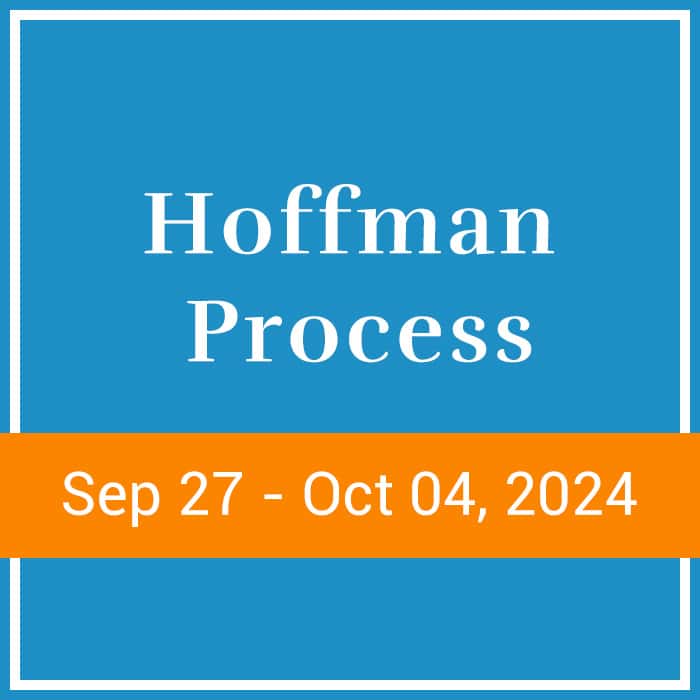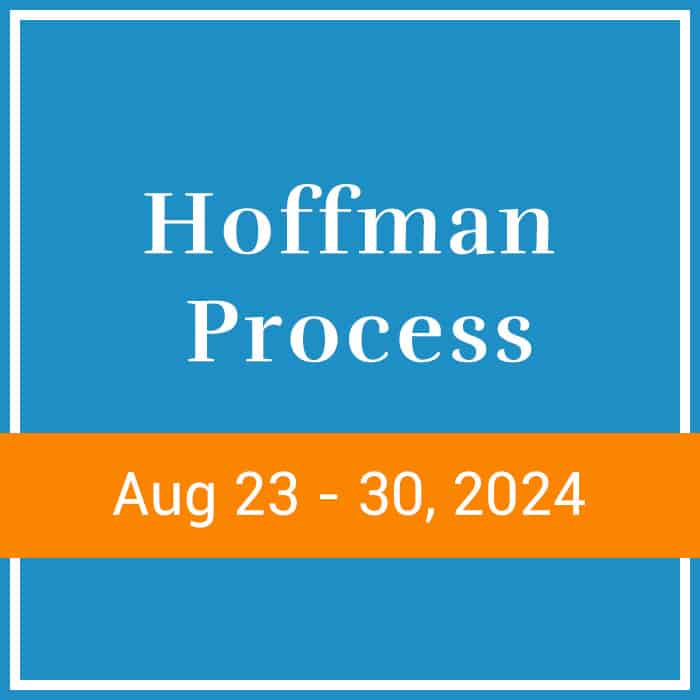Whether you have a bad relationship with your mother or no relationship with her at all, the arrival of Mother’s Day can be a difficult time you dread each year. But Mother’s Day also presents an opportunity to address long-standing mother wounds, opening the door to the concept of remothering yourself.
While it’s impossible to travel back in time to reparent your younger self, there are steps you can take to heal the emotional child that still lives within. From identifying your unmet needs to ultimately cultivating forgiveness, read on to find out how you can begin healing your mother trauma to foster inner peace.
Steps to take to heal your mother wounds:
Identify Your Unmet Needs
According to Dr. Gordon Neufeld, Ph.D, there are four irreducible needs for human maturation:
- Attachment: The child needs to attach deeply to the adults responsible for them.
- Rest: The child can rest from the work of earning the right to be who they are, as they are.
- Play: The child is encouraged to play freely. As neuroscientist Jaak Panksepp has explained, “Real play opens up the possibility of using all of our natural emotional tools for the epigenetic construction of social brains.”
- Feel: The child has permission to feel one’s emotions, especially grief, anger, sadness, and pain. They feel safe in their vulnerability.
If any of these needs are not being met during childhood, the person will suffer from various dysfunctions in their plight to establish meaningful relationships with themselves and/or with others. Understanding what may have gone amiss during maturation is a crucial step. We cannot have our needs met if we don’t know what they are.
Recognize the Role of Father
Mothers usually get the rough end of the stick. Part of healing your mother trauma is to recognize the role of Father. If your father, or your mother’s partner, was not there to offer support, she may have felt overwhelmed by the enormity of raising a child on her own. As anxiety and stress build, Mother’s chances of meeting her child’s needs become more unlikely.
While this doesn’t give mothers a “free pass” to neglect her children, it is worth investigating. As author Bethany Webster writes, “In patriarchy, the whole system blames the mother: from mental health professionals to the legal system. It is a patriarchal strategy that perpetuates the oppression of women by not acknowledging the socio-economic environment they must mother in.”
Know Your Triggers
If you did not receive “good enough” parenting from your family of origin, you will need to learn what your trigger points are. Once you know what your triggers are, you can work on developing the tools to manage your emotional response to them. Instead of becoming overly distressed when there is a breakdown with another person, you can consciously move into vulnerability and inquiry to understand what went wrong on both sides.
It’s also important that you voice your emotions. When you become activated, one of the best things you can do is vocalize how you feel: I am angry, sad, ashamed, frustrated, etc. Research from UCLA suggests that putting your feelings into words—a process called “affect labeling”—can effectively diminish the response of the amygdala, the part of the brain associated with fear, emotions, and motivation, when you encounter things that are upsetting.
Learn How to Speak to Your Inner Emotional Child
Inner dialogue work is an important part of healing your mother wounds. Start examining the way you speak to yourself in your mind. Are you harsh? Critical? Dismissive? When you begin to speak to yourself kindly, as if you were a child, you empower your intellect to validate the feelings of your inner child while providing rational guidance.
Care for Your Physical Body
If your needs were not met as a child, it’s your job to meet your needs now, including your physical needs. Make enough time for rest and sleep. If you were deprived of touch and didn’t get the right affection, consider booking a massage. Make time in your schedule for self-care practices that promote relaxation and joy.
Ask for Help
Don’t be afraid to ask for help and choose wisely when it comes to seeking advice. The Hoffman Process helps participants identify their unmet needs and have corrective experiences to start healing the trauma of childhood. Guided by trained facilitators in a supportive group setting, participants are allowed to feel safe in their body and accepted for simply being who they are. The Hoffman Process empowers you to take charge of your own healing process, which includes making time for rest, prioritizing play, and embracing vulnerability. Only then can you move on to an important piece of the healing journey: forgiveness.
Consider Forgiveness
Once the inner healing process is in motion, it is useful to find compassion and forgiveness for the children your parents once were. This is the crux of the healing work at the Hoffman Process. You find self-love by understanding, accepting, and ultimately forgiving, but this can only authentically occur once you have psychically righted their wrongs by expressing your anger and frustration from the trauma of the past. Once you have embraced what were considered “unacceptable emotions” according to your caregivers, the door to forgiveness is open. You understand that your parents are human beings just like you with a good side and a bad side. You can then accept your life as a happenstance of circumstance so inner peace can flourish.
Find out more about what to expect at the Hoffman Process.
This article was contributed by Erica Garza. Follow @ericadgarza on Instagram
References:










